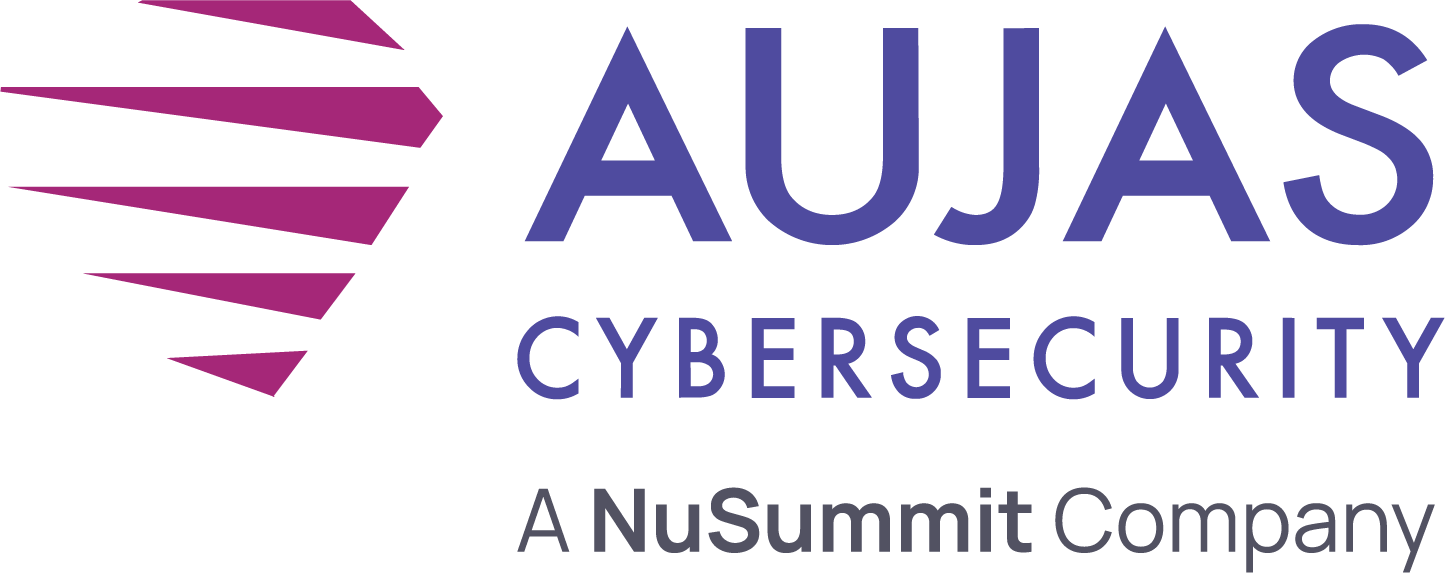
Introduction
The zero trust cybersecurity principle assumes that nothing can be trusted and mandates continuous verification of all users and devices before allowing access to organizational networks and resources. This challenges the traditional security model that implicitly trusts devices and users inside the corporate network. The zero-trust framework aims to improve the organizational security mindset by assuming that threats can originate from both internal and external sources.
Zero trust primarily focuses on human identities, allowing machine identities (like devices and automated processes) to be often overlooked. As organizations rely more on connected devices and automation, it is essential to include machine identities in a zero-trust framework.
Proliferation of Machine identities
Today, the ratio of machine identities to human identities stands at an astounding 45:1. This ratio highlights how widespread machine identities are in modern networks. Several factors have contributed to this growth, including:
- Digital Transformation: The widespread adoption of cloud services and Software-as-a-Service (SaaS) applications has necessitated the creation of numerous machine identities to facilitate seamless operations.
- Remote Work: The shift towards remote work has led to an increase in the use of virtual machines, IoT devices, and automated systems, each requiring unique identities for authentication and communication.
- Automation and Orchestration: Modern IT environments heavily rely on automated processes and orchestration tools, which generate machine identities to execute tasks efficiently.
Challenges of Machine identity management
- Increased Complexity: Managing a vast array of machine identities across hybrid and multi-cloud environments introduces significant complexity.
- Security Risks: The lack of proper management and oversight can lead to vulnerabilities, such as using hardcoded credentials and unmonitored machine-to-machine communications.
- Operational Inefficiencies: Manual processes for handling machine identities are prone to errors and inefficiencies, hindering the agility of IT operations.
The need for integrating Machine identities in Zero-Trust strategy
Incorporating machine identity management into zero-trust strategies offers numerous benefits that strengthen overall network security and operational efficiency:
- Strengthened security posture: Properly managed machine identities reduce the attack surface and minimize the risk of unauthorized access. Managing machine identities with IAM systems follows the best practice of "Least Privileges," ensuring that the machine identity does not have access to anything it does not need to do its job.
- Reduced reliance on traditional security approaches: Traditional security models, which rely on perimeter defenses, are inadequate in today's complex IT environments. Machine identity management supports a more granular and robust security framework.
- Accelerated deployment: Streamlined processes for managing machine identities enable organizations to deploy new services and applications more quickly without compromising security.
- Minimized risks: By automating the management of machine identities, organizations can minimize the risks associated with manual processes and reduce the likelihood of human error.
Essential components of integrating Machine identity management in Zero-Trust frameworks
To effectively integrate machine identity management into a zero-trust framework, organizations must focus on below listed vital components:
- Lifecycle management: Establishing clear policies for the lifecycle management of machine identities in a zero-trust framework is critical, including the generation, renewal, and revocation of certificates and keys.
- Policy enforcement: Implementing stringent access control policies into a zero-trust framework ensures that only authorized machine identities can access sensitive resources.
- Continuous monitoring: Ongoing monitoring and auditing of machine identities help detect anomalies and potential security breaches in real-time. This is an essential feature that must be integrated into the zero-trust framework.
- Automation: Leveraging automation tools enhances the efficiency and accuracy of machine identity management processes, reducing the risk of human error and strengthening the efficacy of the zero-trust framework.
Call to action
Organizations must proactively embed machine identity management into their zero-trust strategies. This involves:
- Investing in advanced solutions: Utilizing advanced solutions that offer comprehensive machine identity management capabilities, including threat analytics, to detect and prevent unauthorized access attempts.
- Implementing best practices: Adopting best practices for the lifecycle management of machine identities, ensuring continuous monitoring, and enforcing strict access controls.
- Continuous Improvement: Regularly reviewing and updating policies and practices to keep pace with evolving threats and technological advancements.
How Aujas Cybersecurity can help
Aujas Cybersecurity offers comprehensive solutions to help organizations effectively integrate machine identity management into zero-trust strategies.
- Assessment and strategy development: Thorough assessments to understand the organization's current state of machine identity management.
- Lifecycle management implementation: Assists in establishing robust lifecycle management practices for machine identities, including the generation, renewal, and revocation of certificates and keys to ensure all machine identities are managed securely and efficiently.
- Automation and integration: By implementing advanced automation tools, Aujas Cybersecurity enhances the efficiency and accuracy of machine identity management processes.
- Continuous monitoring and threat detection: Provides continuous monitoring and threat detection services to identify and mitigate potential risks associated with machine identities.
- Training and Awareness: Aujas Cybersecurity offers training and awareness programs to educate IT teams, on best practices for managing machine identities within a zero-trust framework.
Conclusion
Managing Machine identities assumes critical importance in modern security frameworks, particularly within the context of zero trust. As organizations manage the complexities of their digital transformation initiatives, proper management of machine identities becomes essential. By integrating machine identity management into zero-trust strategies, organizations can safeguard their digital assets, maintain a strong security posture, and adapt to the dynamic nature of today's IT environments.
Connect with Us at Money 20/20 USA 2024
As we continue to push the boundaries of AI-driven software development, we're excited to share more insights and innovations, and how our AI-powered solutions are revolutionizing the financial services segment. Join us at booth #2831 at Money 20/20 USA 2024, where our experts will be on hand to discuss how AI can transform your organization. Whether you're looking to enhance efficiency, security, or overall software quality, our team will be ready to explore solutions tailored for your needs. Don’t miss the opportunity to connect and discover how we can help you stay ahead.





